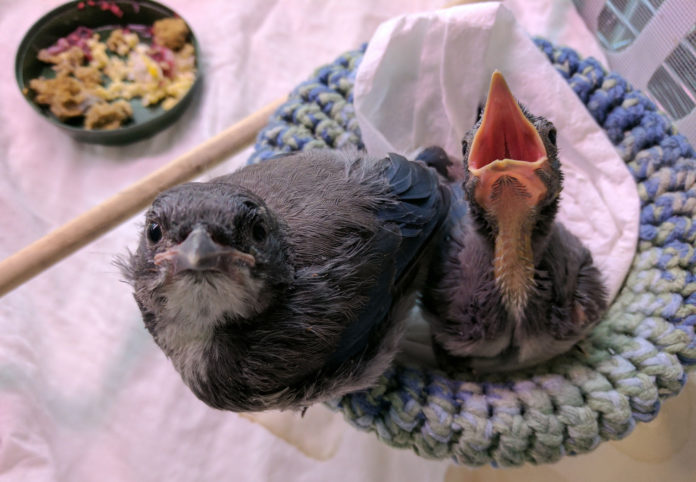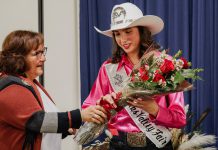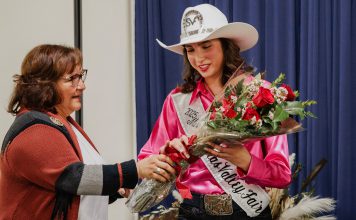
MONTEREY COUNTY — SPCA Monterey County Wildlife Rescue and Rehabilitation Center is currently caring for 145 wild patients, and the need for food is immense. They are asking the community for donations of eggs to help feed these animals.
At the Wildlife Center, many of the patients, including opossums, skunks, raccoons, coyotes, scrub jays and gulls, require eggs in their diet to grow healthy and strong. These animals, which would naturally predate nests in the wild, depend on the nutritional benefits of eggs to recover and thrive.
Eggs provide a rich source of protein for the wild patients, which include adult animals recovering from injuries and orphaned babies too young to survive on their own.
The Wildlife Center staff prepares hard-boiled or scrambled eggs as part of a balanced diet that mimics what each species would eat in the wild. For bottle-feeding baby raccoons being weaned, the staff makes a custard from raccoon formula and eggs to teach them how to eat solid foods.
Donations of raw eggs can be dropped off at the SPCA Wildlife Center, located at 1002 Monterey-Salinas Highway in Salinas, daily between 8:30 a.m. and 5 p.m. Eggs past their “best by” date are also welcome.
For those unable to donate eggs, financial contributions are greatly appreciated. Donations can be made online at spcamc.org/donate or by calling 831-373-2631.
“Everything we do for rescued wild animals is only made possible by your compassionate support,” stated SPCA in a news release.
Currently, the SPCA Wildlife Center is caring for a diverse group of patients, including owls, hawks, finches, pigeons, swallows, kingbirds, blackbirds, snowy plovers, mockingbirds, doves, swifts, killdeer, brush rabbits, jack rabbits, cottontails and quail.
As the only full-service wildlife rescue and rehabilitation center in Monterey County, the SPCA Wildlife Center rescues and rehabilitates more than 2,500 injured, sick and orphaned wild animals every year.














